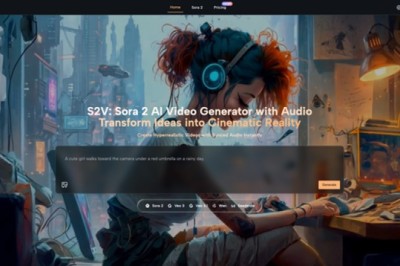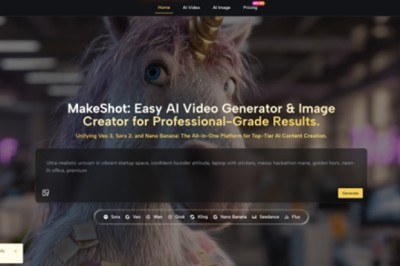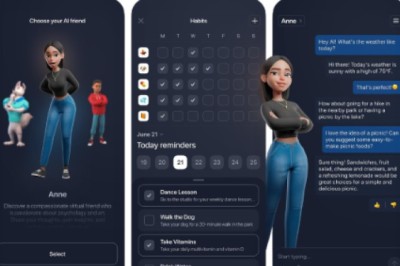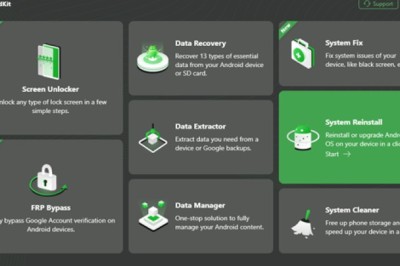views
Planning a media event requires careful consideration of a variety of factors, from the overall message you want to convey to the logistics of the event itself. Whether you're launching a new product, announcing a major change within your organization, or simply looking to generate buzz around your brand, a well-planned media event can be an invaluable tool for reaching your target audience and generating positive press coverage. Here are some key steps to follow when planning your next media event.
Define your objectives
Before you start planning your event, you need to be clear about what you hope to achieve. Are you looking to generate press coverage, build relationships with key influencers, or simply raise awareness of your brand? Defining your objectives is the first step in planning a successful media event. It will help you determine the type of event you need to host, the content you need to include, and the key people you need to invite. Your objectives should be specific, measurable, achievable, relevant, and time-bound (SMART). Once you have a clear objective in mind, you can start to think about how to structure your event to achieve those goals.
Choose your venue
The venue you choose will have a big impact on the success of your event. Consider the size of the space, its location, and its amenities, such as AV equipment and catering options. You'll also want to think about the atmosphere you want to create, whether that's a formal, corporate environment or a more relaxed, casual setting. The venue should be easily accessible to all guests, especially those who may be traveling from out of town. You can choose a venue that aligns with your brand or message, for example, if you are launching a new product in the fitness industry, you may choose a venue with a gym or fitness center. The right venue will help you set the tone for the event and create the desired atmosphere.
Craft your message
Your message is the backbone of your media event. It should be tailored to your specific objectives and target audience. Think carefully about what you want to say and how you want to say it, and make sure your message is clear, concise, and compelling. You can use different channels to convey your messages, such as presentations, videos, or demonstrations. Your message should be consistent across all channels and align with your brand values. You should also consider how to make your message memorable and shareable. Your message should be able to resonate with your target audience and create a lasting impression. You can also present your message in a visually appealing way by hiring experienced designers. If you live in New Zealand, for instance, checking out professionals in signage from New Zealand might be the right way to go, so start looking for them today!
Create your guest list
Your guest list should include key influencers, journalists, and other members of the media who are likely to be interested in your event. You'll also want to consider inviting other stakeholders, such as investors, partners, and customers, who can help you achieve your objectives. The guest list should be carefully curated to ensure that you invite the right people who can amplify your message and help you achieve your objectives. You can use social media, online platforms, or personal networks to identify and invite the right guests.
Send invitations
Once you have your guest list, it's time to send out invitations. Make sure your invitations are personalized and include all the necessary details, such as the date, time, location, and agenda for the event. Your invitations should also include a clear call to action and a sense of urgency. You can use different formats for your invitations, such as emails, e-vites, or physical invitations. Your invitations should also provide information on how to RSVP and any special requests or requirements for the event.
Follow up
After your event, it's essential to follow up with your guests and the media. This will help you maintain the relationships you've built and ensure that your message is amplified even further. Send a thank-you note or email to your guests, and consider sending them a follow-up survey or feedback form to get their thoughts on the event. You can also share any media coverage or highlights from the event on social media or your website. It's important to track and measure the success of your event against your objectives, so you can learn from your experience and improve your future events.
Planning a successful media event requires careful planning, attention to detail, and a clear understanding of your objectives and target audience. By doing all the things mentioned here, you can create an event that resonates with your audience and achieves your goals. So, start checking them out and start planning today!
























Comments
0 comment